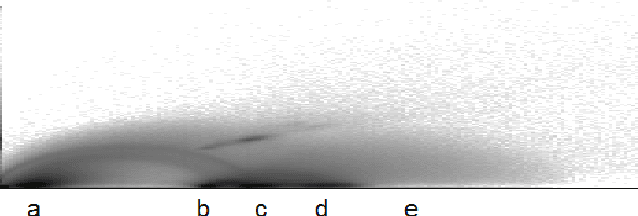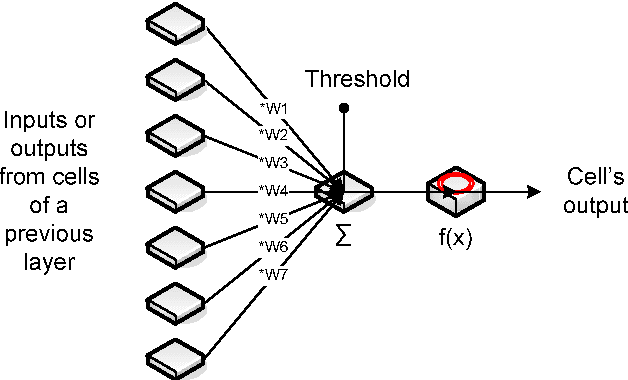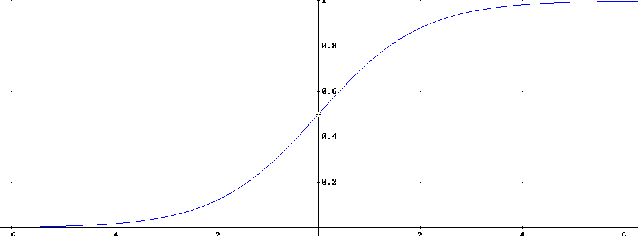Zikrija Avdagić
Neural networks in 3D medical scan visualization
Jun 12, 2009



Abstract:For medical volume visualization, one of the most important tasks is to reveal clinically relevant details from the 3D scan (CT, MRI ...), e.g. the coronary arteries, without obscuring them with less significant parts. These volume datasets contain different materials which are difficult to extract and visualize with 1D transfer functions based solely on the attenuation coefficient. Multi-dimensional transfer functions allow a much more precise classification of data which makes it easier to separate different surfaces from each other. Unfortunately, setting up multi-dimensional transfer functions can become a fairly complex task, generally accomplished by trial and error. This paper explains neural networks, and then presents an efficient way to speed up visualization process by semi-automatic transfer function generation. We describe how to use neural networks to detect distinctive features shown in the 2D histogram of the volume data and how to use this information for data classification.
* 8 pages, 6 figures published on conference 3IA'2008 in Athens, Greece (http://3ia.teiath.gr)
 Add to Chrome
Add to Chrome Add to Firefox
Add to Firefox Add to Edge
Add to Edge